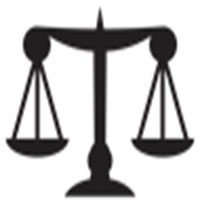Cornelius White Collar Crime Lawyer, North Carolina
Sponsored Law Firm
-
 x
x

Click For More Info:
-
George E Gibbs Jr. Attorney at Law
Matthews, NC 28105» view mapCriminal Defense Mathews Criminal Defense Attorney
George has experience with a variety of criminal and traffic offenses in North Carolina and can help you with your matter today.
800-319-3560
Samuel J. Randall
✓ VERIFIEDCriminal, DUI-DWI, Misdemeanor, Felony, White Collar Crime
Since 1998, Samuel J. Randall, IV has built a solid reputation among his peers, adversaries, and the judiciary in North Carolina as an aggressive and ... (more)
FREE CONSULTATION
CONTACTRichard H. Tomberlin
Construction, Lawsuit & Dispute, White Collar Crime, RICO Act
Status: In Good Standing
Christopher A. Connelly
Traffic, Family Law, White Collar Crime, DUI-DWI
Status: In Good Standing Licensed: 38 Years
Robert J Decurtins
Traffic, White Collar Crime, DUI-DWI, Criminal
Status: In Good Standing Licensed: 41 Years
 George Gibbs Matthews, NC
George Gibbs Matthews, NC AboutGeorge E Gibbs Jr. Attorney at Law
AboutGeorge E Gibbs Jr. Attorney at Law Practice AreasSpecializations
Practice AreasSpecializations

